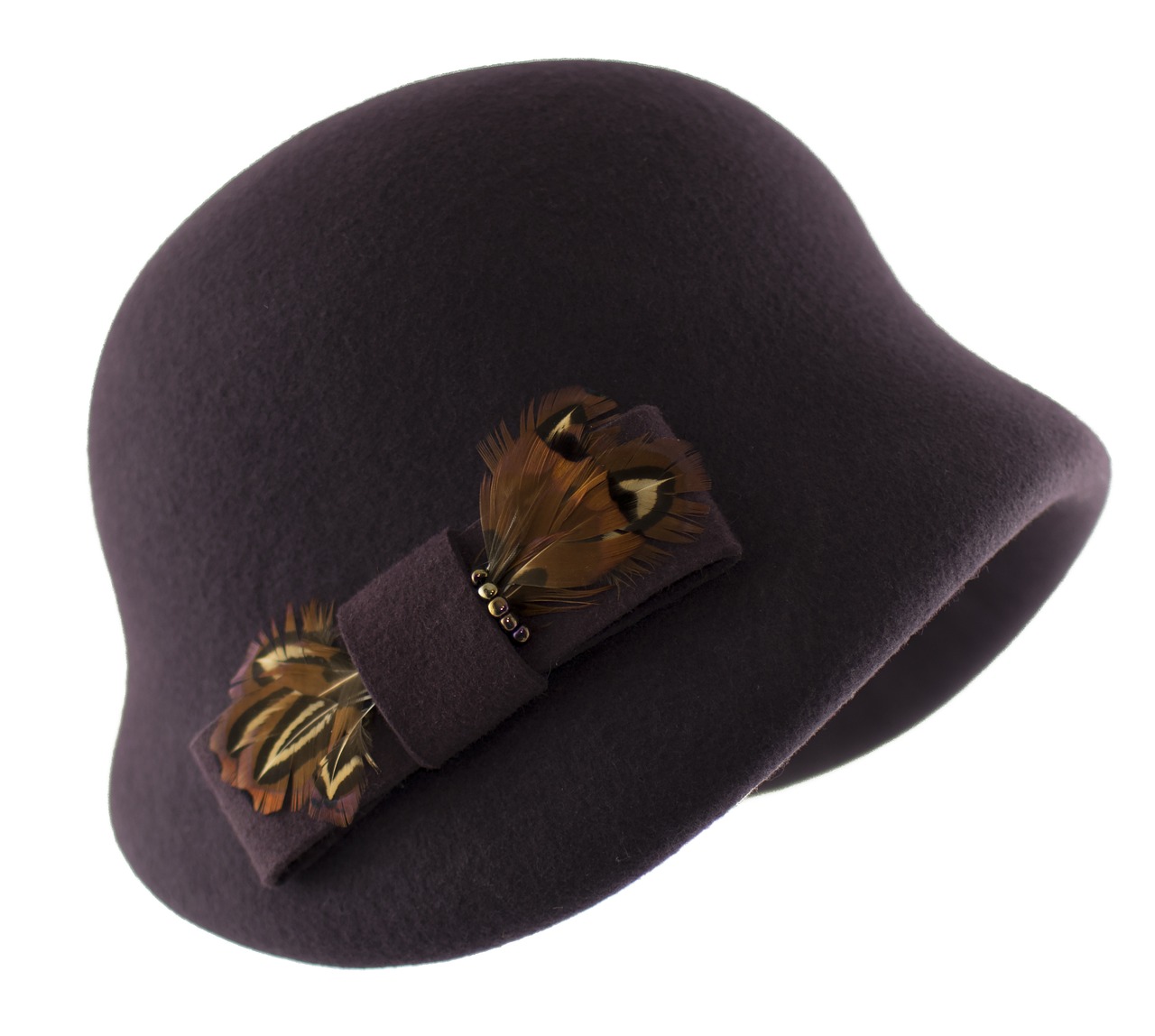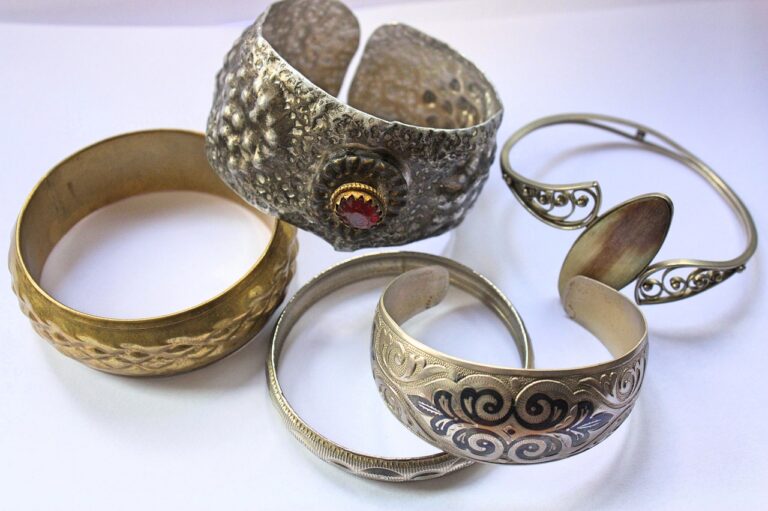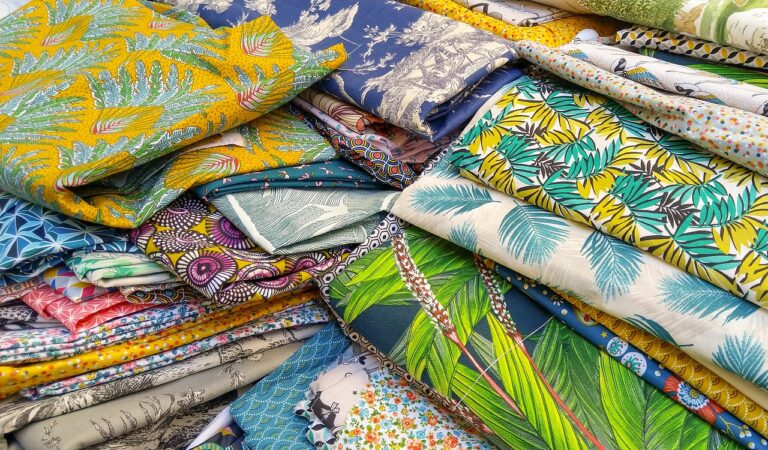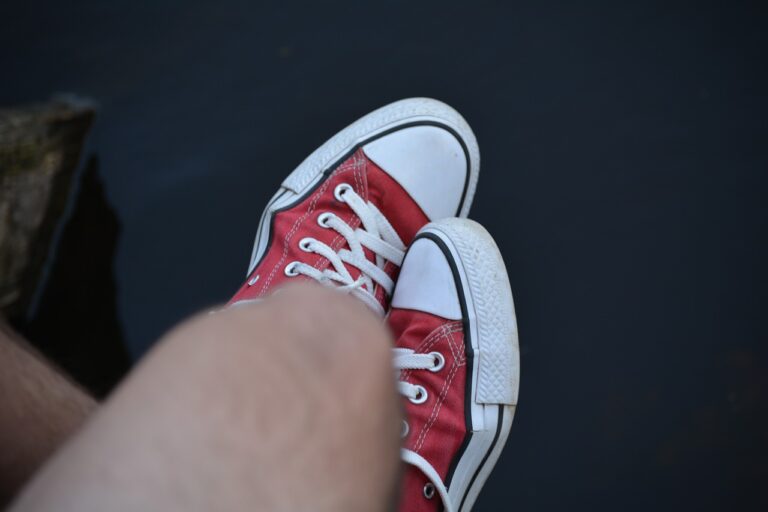The Role of Experiential Marketing in Fashion PR Initiatives: All panal.com, Get cricket id, Gold 365
all panal.com, get cricket id, gold 365: The Role of Experiential Marketing in Fashion PR Initiatives
In the world of fashion PR, creating memorable experiences for consumers is crucial to building brand awareness and loyalty. Experiential marketing plays a significant role in achieving these goals, as it allows brands to engage with their audience in meaningful ways that go beyond traditional advertising methods. Through hands-on experiences, immersive events, and interactive campaigns, fashion brands can create lasting impressions that resonate with consumers and drive them to become loyal customers.
What is Experiential Marketing?
Experiential marketing is a strategy that focuses on engaging consumers in memorable and interactive experiences. Rather than simply promoting a product or service through traditional advertising channels, experiential marketing seeks to create meaningful connections with consumers by allowing them to engage with the brand in a personal and immersive way. This can take the form of pop-up shops, interactive installations, virtual reality experiences, or live events that showcase the brand’s values and identity in a tangible way.
How Does Experiential Marketing Benefit Fashion PR Initiatives?
Experiential marketing offers several key benefits for fashion PR initiatives. First and foremost, it allows brands to differentiate themselves in a crowded marketplace by creating unique and memorable experiences that set them apart from their competitors. By engaging with consumers on a personal level, brands can forge deeper connections with their audience and build loyalty that extends beyond a single transaction.
Additionally, experiential marketing provides brands with a valuable opportunity to generate buzz and media coverage. By creating events and experiences that are visually stunning, emotionally engaging, or socially shareable, fashion brands can attract the attention of journalists, bloggers, and social media influencers who can help amplify their message to a wider audience. This earned media can help brands reach new customers and strengthen their reputation within the industry.
Furthermore, experiential marketing can have a direct impact on sales and brand perception. By giving consumers the opportunity to interact with the brand in a physical or emotional way, brands can drive purchase consideration, increase brand loyalty, and shape perceptions of their products and services. Through experiential marketing initiatives, fashion brands can turn casual consumers into brand advocates who champion their products and recommend them to others.
Key Strategies for Incorporating Experiential Marketing into Fashion PR Initiatives
When it comes to incorporating experiential marketing into fashion PR initiatives, there are several key strategies that brands can use to create impactful and memorable experiences for their audience. These strategies include:
1. Creating Immersive Pop-Up Shops: Pop-up shops are a popular experiential marketing tactic that allows brands to create temporary retail spaces that showcase their products in a unique and engaging way. By designing a visually stunning environment, offering exclusive products or deals, and hosting events or workshops, brands can attract customers and generate buzz for their brand.
2. Hosting Fashion Shows and Runway Events: Fashion shows and runway events are a staple of the fashion industry, and they provide an excellent opportunity for brands to showcase their latest collections in a memorable and impactful way. By creating a visually stunning presentation, inviting key industry influencers, and leveraging social media to amplify the event, brands can generate buzz and excitement around their brand.
3. Collaborating with Influencers and Celebrities: Influencers and celebrities can play a key role in driving awareness and engagement for fashion brands. By partnering with influencers who resonate with their target audience, brands can leverage their reach and credibility to amplify their message and generate buzz for their products. Collaborations with influencers can take the form of sponsored content, social media takeovers, or event appearances that help to create a connection between the brand and their audience.
4. Hosting Interactive Workshops and Events: Interactive workshops and events provide brands with an opportunity to engage with their audience in a hands-on and immersive way. By hosting workshops that teach consumers about the brand’s products or services, or hosting events that allow consumers to interact with the brand in a fun and engaging way, brands can create memorable experiences that drive brand loyalty and affinity.
5. Leveraging Technology and Innovation: Technology plays an increasingly important role in experiential marketing, and fashion brands can leverage cutting-edge technologies such as augmented reality, virtual reality, or interactive installations to create memorable and impactful experiences for their audience. By incorporating technology into their events and experiences, brands can create immersive and engaging experiences that capture the attention of consumers and drive brand engagement.
6. Partnering with Like-Minded Brands: Collaborations with like-minded brands can provide fashion brands with an opportunity to reach new audiences, generate buzz, and create unique experiences for their consumers. By partnering with brands that share their values, aesthetics, or target audience, fashion brands can create co-branded events, products, or campaigns that resonate with consumers and drive engagement for both brands.
The Future of Experiential Marketing in Fashion PR
As the fashion industry continues to evolve, experiential marketing is poised to play an increasingly important role in shaping how brands engage with their audience and differentiate themselves in a crowded marketplace. By creating memorable experiences that resonate with consumers, drive brand loyalty, and generate buzz, fashion brands can establish themselves as leaders in the industry and build lasting relationships with their audience.
FAQs
1. What is experiential marketing?
Experiential marketing is a strategy that focuses on engaging consumers in memorable and interactive experiences to create meaningful connections with the brand.
2. How does experiential marketing benefit fashion PR initiatives?
Experiential marketing benefits fashion PR initiatives by allowing brands to differentiate themselves, generate buzz and media coverage, drive sales, and shape brand perception.
3. What are key strategies for incorporating experiential marketing into fashion PR initiatives?
Key strategies include creating immersive pop-up shops, hosting fashion shows, collaborating with influencers, hosting interactive workshops, leveraging technology, and partnering with like-minded brands.
4. What is the future of experiential marketing in fashion PR?
The future of experiential marketing in fashion PR is bright, with brands expected to continue to leverage immersive experiences, technology, and collaborations to engage with their audience and drive brand loyalty.







